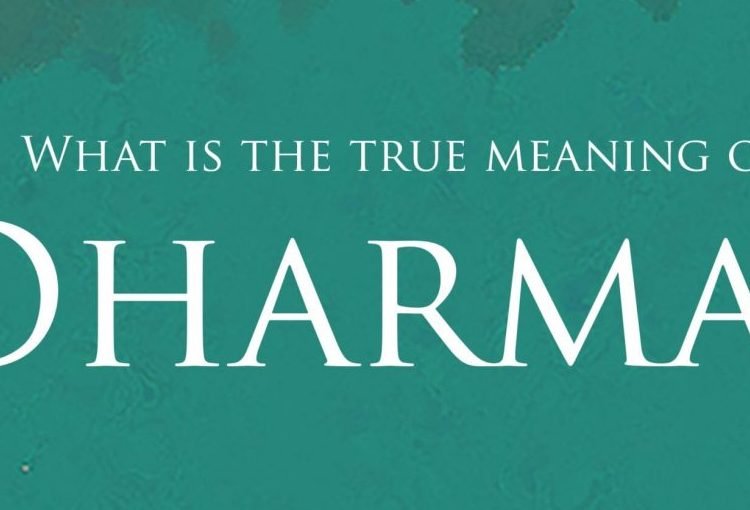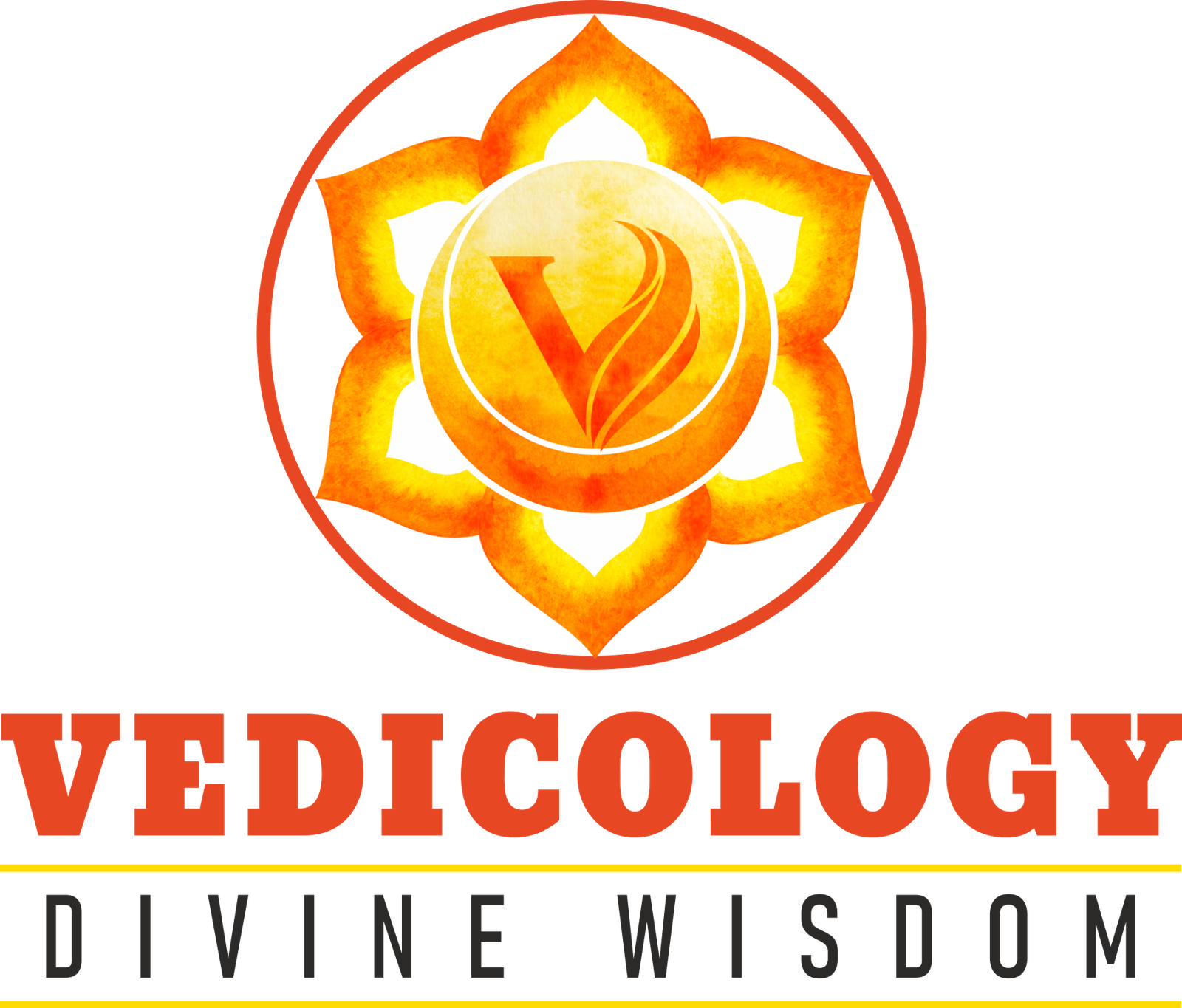What is ‘dharma’ about which our scriptures and great men have waxed so eloquently throughout history? Do you know the meaning of Dharma? Let’s have a look!
As is the case with many other Sanskrit words, it is not easy to give an exact translation of the word. It has been variously translated as ‘religion,’ ‘law, ‘duty ‘religious ordinance or rite,’ ‘code of conduct and so on. Meaning of Dharma any one or more or all of these, depending upon the context. The reason seems to be that the word itself has been used in various senses down the ages and its meaning and scope have been enlarged. It will be worthwhile to study this development.
Meaning Of Dharma
It is universally accepted that the word comes from the root dhr (‘to uphold,’ ‘to support,’ ‘to sustain’). An oft-quoted verse from the Mahabharata says: ‘dharaņat dharmam ityahuḥ dharmo dharayate prajah,’ “They call it dharma since it upholds; it is that what upholds the people (of the world).’
That which upholds this created universe, supports it and sustains it, without which the universe falls apart, is Dharma. Viewed from this standpoint, it is none other than God Himself. And in a sense, it is our actions that lead us to God. Therefore, one should always follow his duties and responsibilities. It is what the Upanisads describe as sat or tat, the very essence of one’s being. Whatever conduct or way of life helps us to reveal this fundamental principle in us, can also be called Dharma, though in a secondary sense. Hence the meaning of Dharma includes religious rites, ceremonies and observances, fixed codes of conduct, privileges, duties and obligations of a man depending upon his stage of life and status in society. It also includes rules of law, customs and manners of society.






